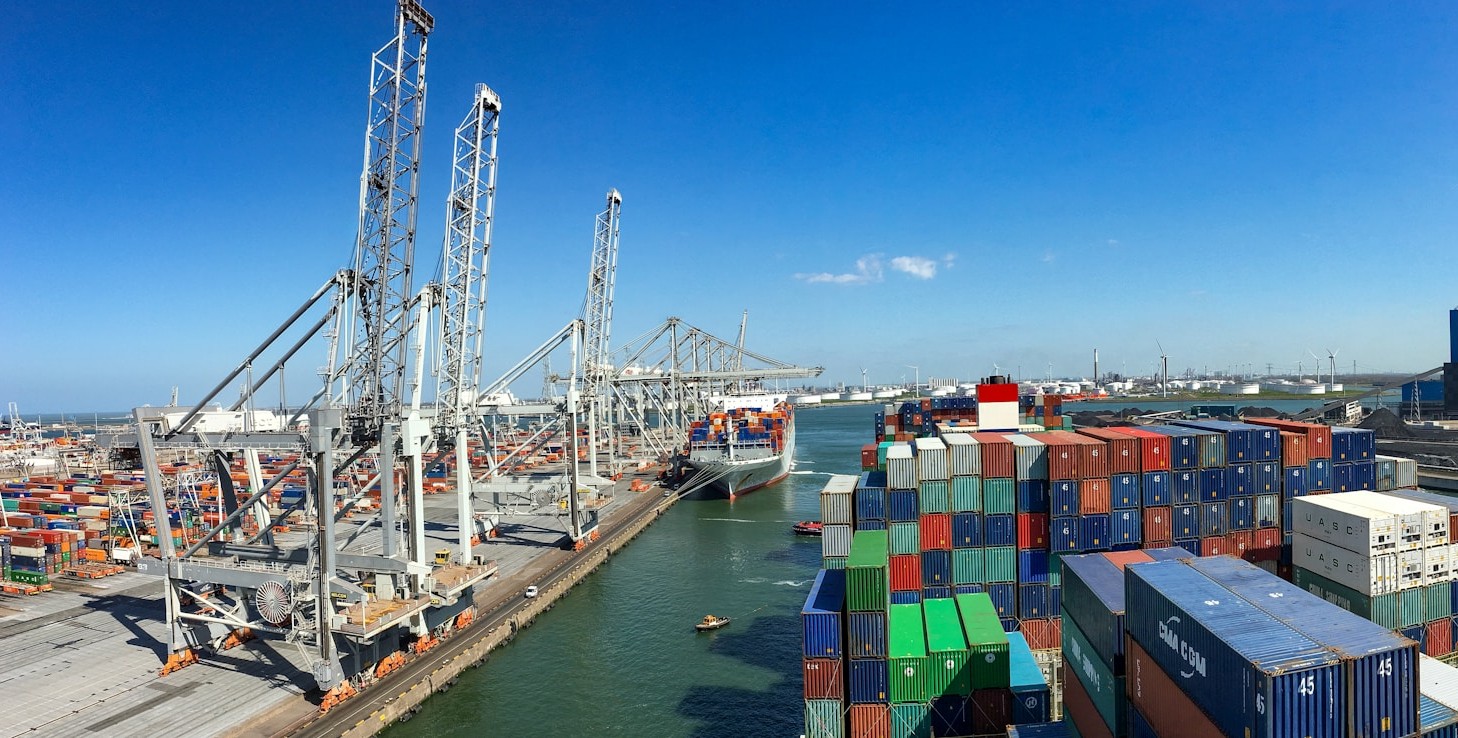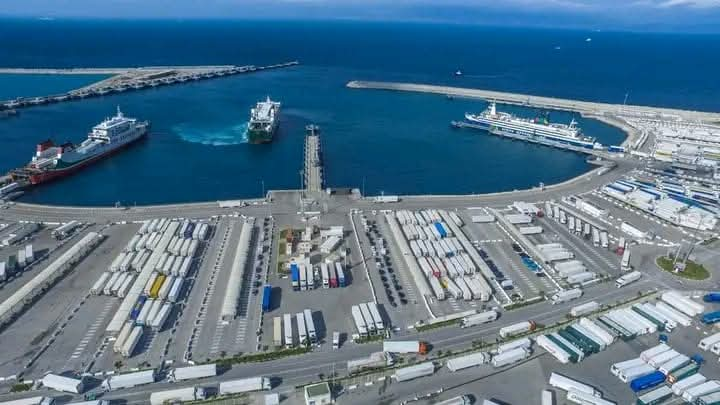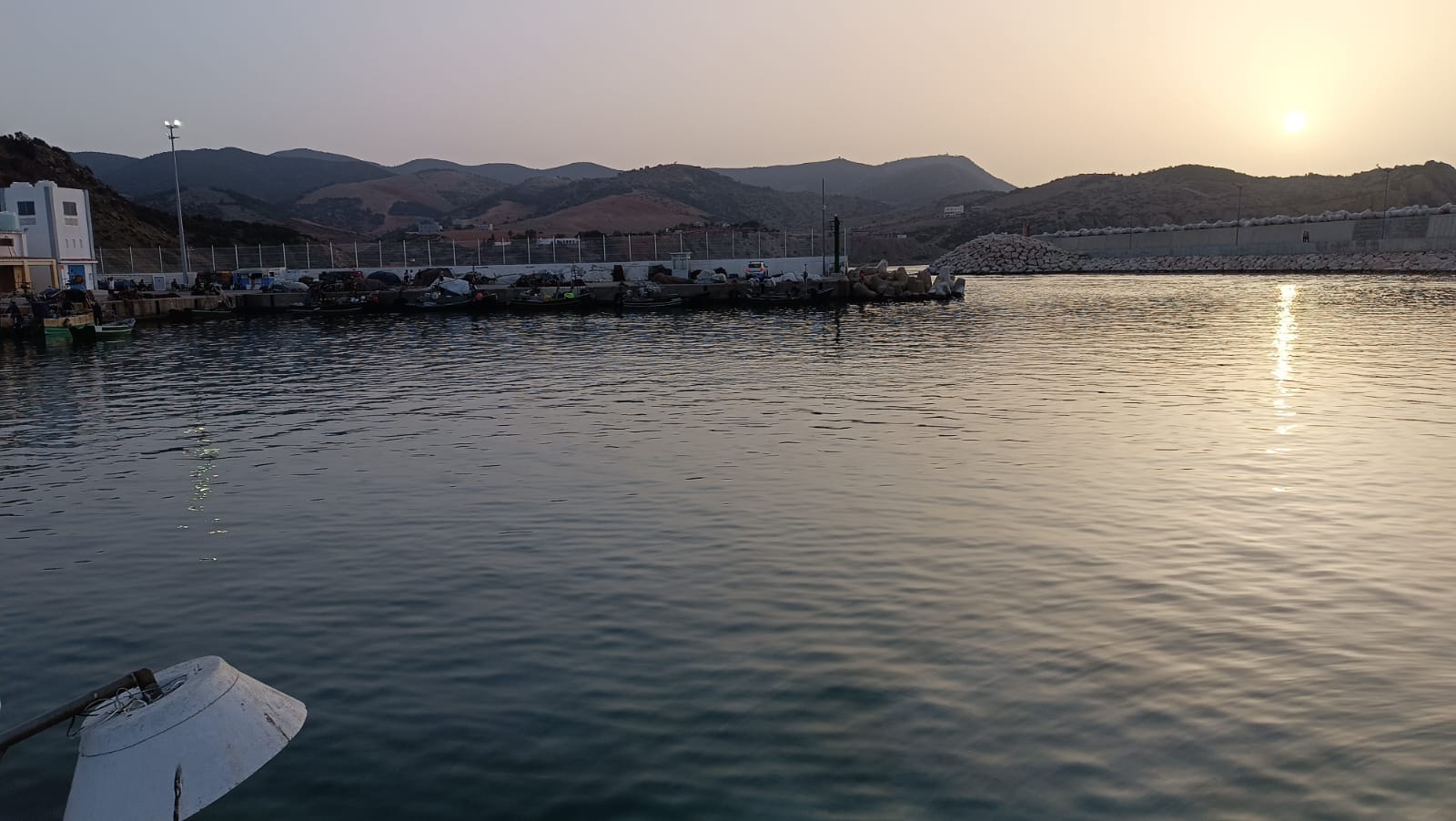Casablanca – In response to ongoing delays in the development of electricity interconnections with France, Portugal is now seriously evaluating the possibility of establishing a direct undersea electricity link with Morocco. This shift in strategic energy planning comes in the aftermath of a major blackout that hit the Iberian Peninsula on April 28, highlighting vulnerabilities in the region’s energy infrastructure.
The blackout, which affected large parts of both Portugal and Spain, underscored how dependent the Iberian energy grid remains on limited connections to the rest of Europe. Efforts to restore electricity were hampered by the weak level of interconnection with northern European networks, exposing the urgent need for diversified and resilient energy links.
Currently, the electricity interconnection rate between the Iberian Peninsula and France stands at just 2.84%, significantly below the 10% benchmark set by the European Union for 2020 and well short of the 15% target for 2030. Two major planned routes across the Pyrenees that were expected to improve this situation have recently been removed from France’s national grid development forecasts through 2035. This has raised concerns in Lisbon and Madrid about France’s commitment to completing its energy connectivity obligations.
In response, Portugal and Spain have submitted a joint letter to the European Commission calling for urgent political and financial backing to advance cross-border electricity infrastructure. The letter also requests that the issue be elevated beyond bilateral talks and placed on the broader European agenda. The two countries are advocating for a high-level meeting between their governments and France to define a clear roadmap and restore momentum to stalled projects.
Amid these delays, Portugal is now considering an alternative: a direct submarine electricity interconnection with Morocco. Though technically complex and financially more demanding due to the maritime distance, this project is no longer considered an unrealistic option. Spain already operates two undersea electricity links with Morocco, and Portugal may follow a similar path.
Previous plans for such a connection between Portugal and Morocco had been hindered by technical and financial barriers, but the recent blackout and stalled French cooperation have revived the urgency of securing additional energy routes. Portugal believes that connecting directly to Morocco’s power grid could provide an important strategic alternative, particularly as North Africa continues to expand its renewable energy capacity.
The idea of a direct link with Morocco is also consistent with the EU’s long-term energy strategy, which aims to better integrate North African renewable energy into the European grid. If realized, the Portugal-Morocco link could serve as a model for Euro-Mediterranean energy cooperation and help mitigate the risks posed by regional outages or supply disruptions.
At the same time, European grid authorities have launched an independent investigation into the causes of the April blackout. The inquiry, led by the European Network of Transmission System Operators for Electricity (ENTSO-E), will involve independent experts, regulators, and system operators. Initial findings suggest that the disruption may have originated in southern Spain, with potential causes ranging from technical failures to intermittent renewable energy supply. While cyberattacks have not been ruled out, they are currently considered unlikely.
Beyond identifying the root causes of the outage, the investigation is also expected to assess structural weaknesses in the current grid and propose ways to enhance resilience. The final report is anticipated within six months.
The lack of robust electricity links with the rest of Europe not only increases the risk of power disruptions but also limits the Iberian Peninsula’s ability to maximize its renewable energy potential. Insufficient integration drives up electricity costs, hampers security of supply, and weakens Europe’s collective capacity to respond to energy crises.
Portugal and Spain have reiterated that electricity interconnection is no longer a national issue but a strategic priority for Europe as a whole. Strengthening the links between southwestern Europe and the rest of the continent is essential for creating a stable, sustainable, and unified energy market. Whether through renewed cooperation with France or a pivot toward Morocco, the Iberian Peninsula is pushing forward to ensure it is no longer left on the margins of Europe’s energy future.
















